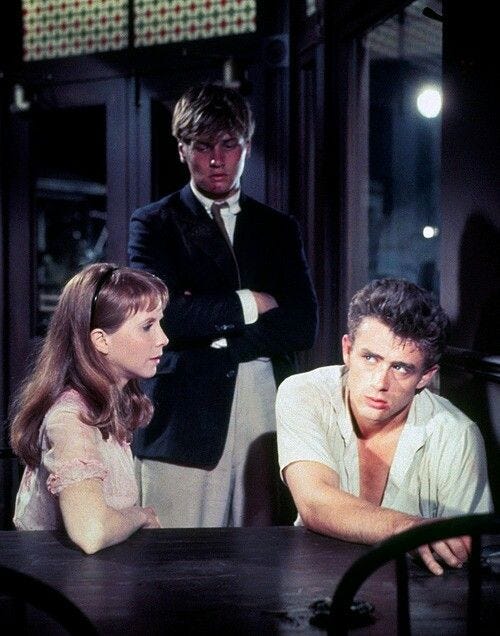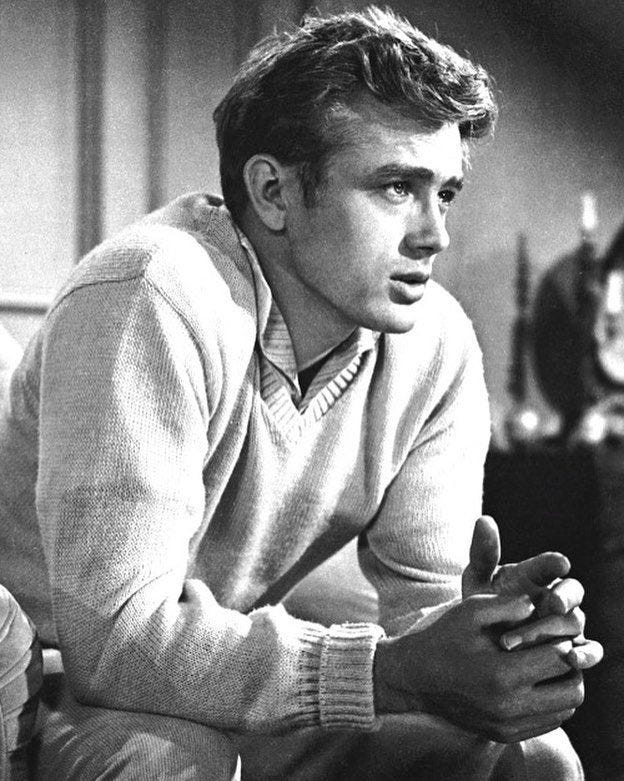East of Eden and the Wrath of Cain
What Steinbeck's Cain Teaches You About Evil
Steinbeck’s East of Eden is perhaps the most ambitious novel in American literature. It’s a masterpiece set in 20th-century California that serves as a Biblical allegory of the Book of Genesis.
At its heart, the novel is a fictional theodicy: Steinbeck’s attempt to confront the problem of evil, suffering, and human nature in a jaded, fallen modern world. To achieve this, he revives the legendary story of Cain and Abel — the first recorded murder in Biblical history.
The novel is a deep exploration of humanity’s greatest evils — envy, wrath, and despair — and seeks the authentic, providential solution to combat “the Wrath of Cain.”
Ultimately, this story reveals the roots of envy, the nature of Cain’s wrath, and the healing process capable of restoring the soul and bringing peace to a world tainted by evil.
Reminder:
I offer one on one coaching for men, focusing on faith, fitness, and the Great Books. More info here.
Additionally, if you’d like to support my mission of restoring Truth, Beauty, and Goodness to the West, subscribe below!
A Father’s Favoritism
The novel, set in 20th-century California, follows two generations of family drama. There are four central characters: brothers Adam and Charles, and Charles’ sons Aron and Cal.
These brothers mirror the Cain and Abel archetype, with Adam and Aron as kind, meek, and dutiful, while Charles and Cal display rougher, more violent tendencies.
The driving “evil” in this family dynamic is envy.
Why?
It stems from a father’s favoritism: Adam and Aron are their fathers’ favorites, while Charles and Cal wrestle with jealousy and wrath.
Charles, in particular, seeks to destroy Adam at every turn — through betrayal, infidelity, and even attempted murder. Though he lacks redeeming qualities, he still evinces sympathy, for his father’s neglect appears totally subjective:
Charles was never loved like Adam was loved, and never given reason.
By extension, the Bible’s reasons for God’s favoring Abel are hinted at, but never fully explained.
Steinbeck’s point is clear:
Providence’s sense of justice surpasses human understanding. Human beings, with finite and limited intellects, live in a world that will always appear cruel, careless, and unjust. If you cannot accept, on faith, that a justice exists which surpasses your understanding, then envy, jealousy, and wrath are sure to arise.
Such is the case for Charles and Cal — the “evil,” characters — whose violent natures pose a deeper question:
How do we combat the envy and pride at the root of all evil?
To answer this, Steinbeck turns to Cal.
Predestined to Doom?
While his brother Aron is kind, gentle, and almost angelic, Cal carries a brooding temperament and a violence in his spirit.
These fears deepen when he discovers the identity of his “long-lost” mother, whom Steinbeck describes as a woman born evil.
Cal fears he’s predestined for violence, wretchedness, and debauchery. Steinbeck heightens this fear by casting him as a “Cain” figure, like his Uncle Charles, but with an important distinction.
Unlike Charles, who reveled in his wrath against Adam, Cal struggles. He despises the very evil tendencies that tempt him. His wrestling with God, fate, and his own nature drives him into a spiritual crisis — yet also leads him toward one of the most profound answers to the problem of evil.
In conversation with Lee, the family’s servant and friend, Cal learns the importance of God’s words to Cain in Genesis 4:6–7:
“Then the Lord said to Cain: Why are you angry? Why are you dejected? If you act rightly, you will be accepted; but if not, sin lies in wait at the door: its urge is for you, yet you can rule over it.”
Lee, having studied the original Hebrew text, points to a crucial word: timshel — “thou mayest.”
He explains how this word changes everything:
“But the Hebrew word, the word timshel—‘Thou mayest’—that gives a choice. It might be the most important word in the world. That says the way is open. That throws it right back on a man. For if ‘thou mayest’—it is also true that ‘thou mayest not.’”
This simple message becomes Cal’s “saving grace.”
He recognizes that, no matter what dark impulses his nature stirs, he retains the freedom to resist. In fact, these struggles may be a sign of hope. If man’s meaning in life is derived by how well he wrestles with his darkness, than Cal — a man of darkness — has potential of a glory beyond comprehension.
This idea, becomes the running pulse of East of Eden. It makes the struggles of Cal — and of all four brothers — deeply compelling.
Yet, masterful as this novel is, Steinbeck’s solution is incomplete.
His celebration of timshel, of human agency, is powerful — but even this falls short of answering the deepest question: how does one not only resist evil, but actually overcome it?
The solution requires an idea that Steinbeck glimpsed but never fully grasped. Yet the answer is hidden in plain sight, in the same exact lines Steinbeck quoted above…





